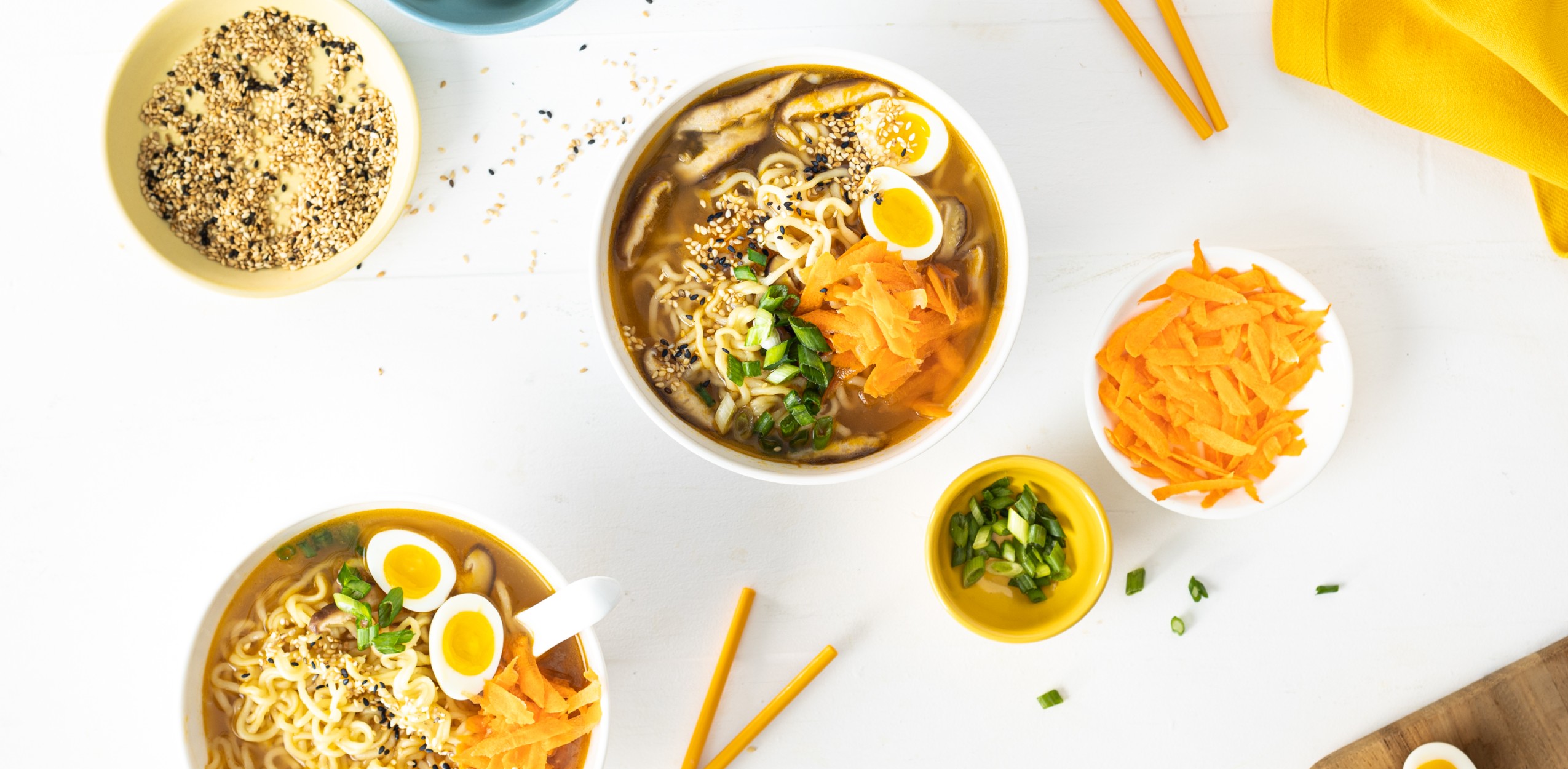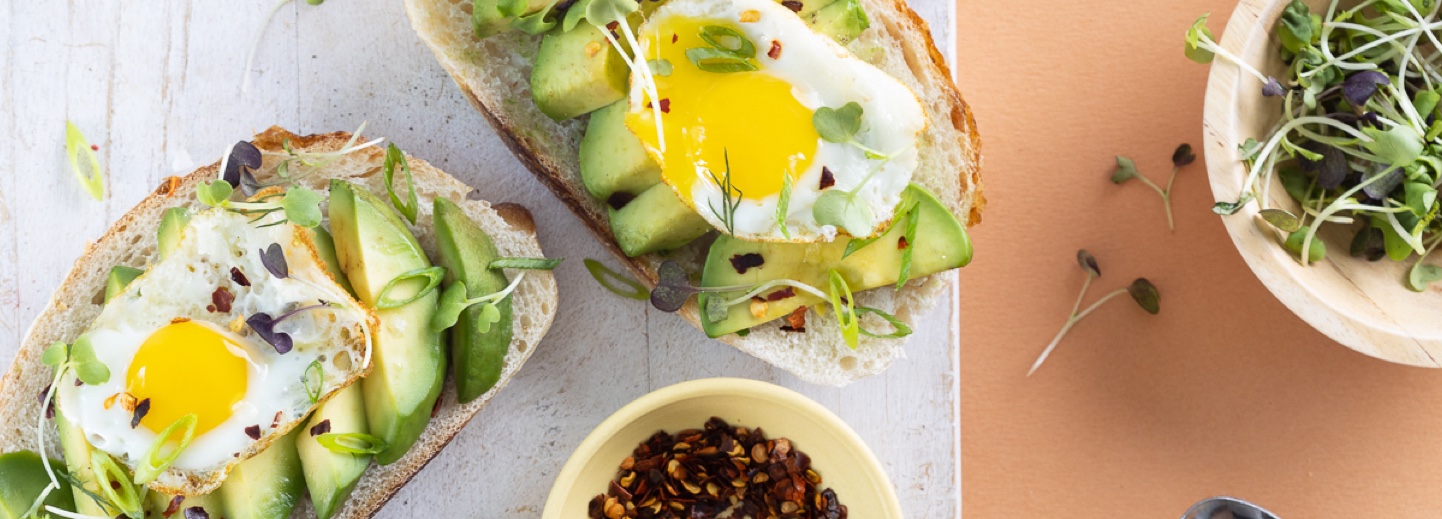Are Quail Egg Yolks Unhealthy?
Some would have you think that eggs — and their yolks in particular — aren’t all they’re “cracked up” to be.
And when we hear people talking about egg yolks being unhealthy, usually the word used is “cholesterol.”
But we’re here to debunk the myth that quail egg yolks are unhealthy. In fact, they’re egg-ceptional eggs-amples of healthy yellow goodness! (All puns intended.)
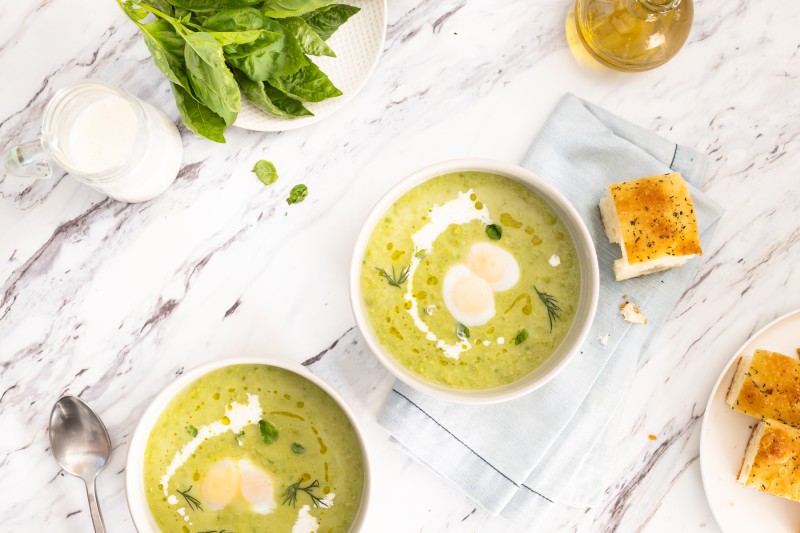
Are quail eggs high in cholesterol?
It’s true: egg yolks do have relatively high cholesterol content.
But let’s crack open the biggest myth about them: that their cholesterol content is bad for your heart health.
While there’s a lot of cholesterol, more than half of it is good cholesterol (HDL), which lowers the bad cholesterol (LDL) in your blood. And research has shown that cholesterol consumed through your diet has minimal relationship to heart disease.
Plus, the antioxidants in quail eggs prevent their cholesterol from being a health risk. A 2018 study out of China even showed eggs to be associated with a lower risk of heart disease.
All this being said, anyone with high cholesterol levels should always be careful with their cholesterol intake, even when it comes to quail eggs.
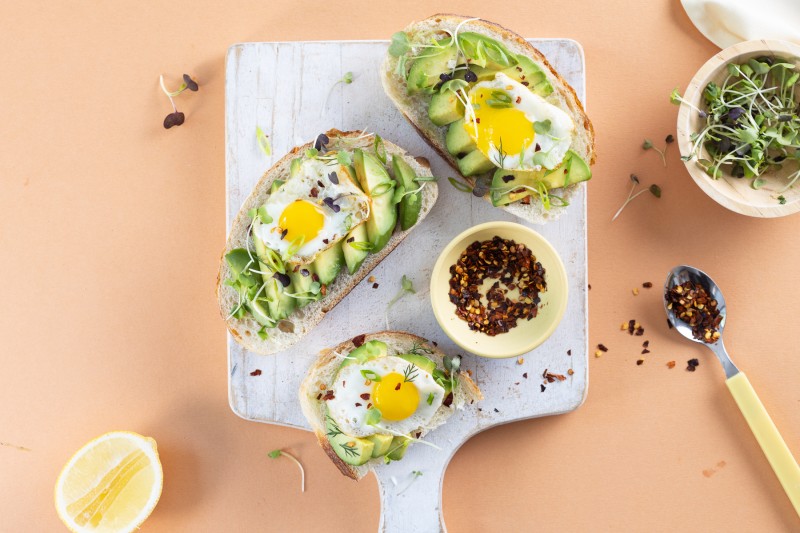
What else is in quail egg yolks?
Quail eggs are filled with healthy vitamins and minerals, and the majority of those are in the yolk.
When compared to a chicken egg, a quail egg provides about twice the amount of iron, plus greater doses of calcium, magnesium, manganese, phosphorus and zinc.
When it comes to vitamins, quail eggs far surpass chicken eggs in vitamin B2 and also beat them in vitamins E, B1, B3, B5 and B12.
It’s one of the reasons why quail eggs are a great choice for many of today’s most popular diets.
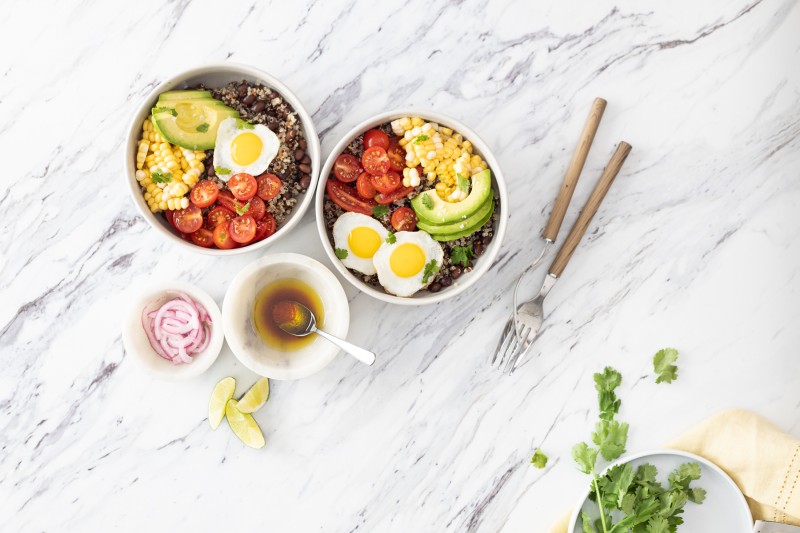
Anything else I should know about quail egg yolks?
Yes! There are loads of health-related reasons to eat quail eggs, both the yolks and the whites. Here are just a few:
Build muscles: A 2017 study of young men revealed that eating whole eggs after resistance training helped build muscles.
Boost your energy: Thanks to the greater yolk-to-white ratio of quail eggs, they provide more energy than chicken eggs.
Lower blood pressure: Compounds found in egg yolks called peptides may help reduce blood pressure, which can lower your risk for cardiovascular disease.
Boost your immune system: Another compound found in the membrane of egg yolks, sulphated glycopeptides, may produce cells to help your body prevent disease.
Prevent gas problems: Proteins in egg yolks can help prevent inflammation in your gastrointestinal system that can lead to gas issues.
Improve eye health: Perhaps it’s fitting that a fried egg resembles an eye because yolks contain healthy doses of lutein and zeaxanthin, which can help protect against eye issues like cataracts and macular degeneration.
Treat respiratory problems: Quail eggs have been used to treat asthma, bronchitis and allergy symptoms.
Boost your brainpower: The amino acids in quail eggs can help improve brain agility and memory.
Help prevent diseases: Quail eggs can help manage or prevent diabetes, prevent and treat kidney disorders, and their antioxidants and nutrients may even help prevent cancer.
Improve your pregnancy: Vitamins in quail eggs like zinc, protein, iron and selenium can help improve the health of pregnant women. Plus, their choline content helps with the fetus’ brain development and after pregnancy, quail eggs can aid in lactation.
Loaded with nutrients and great for your health… clearly, quail eggs are the real deal. They’re no yolk-ing matter!
If you’ve yet to give quail eggs a try or haven’t been able to find us in-store, use our online store finder tool. Just enter your address and see the local stores that carry Spring Creek!
